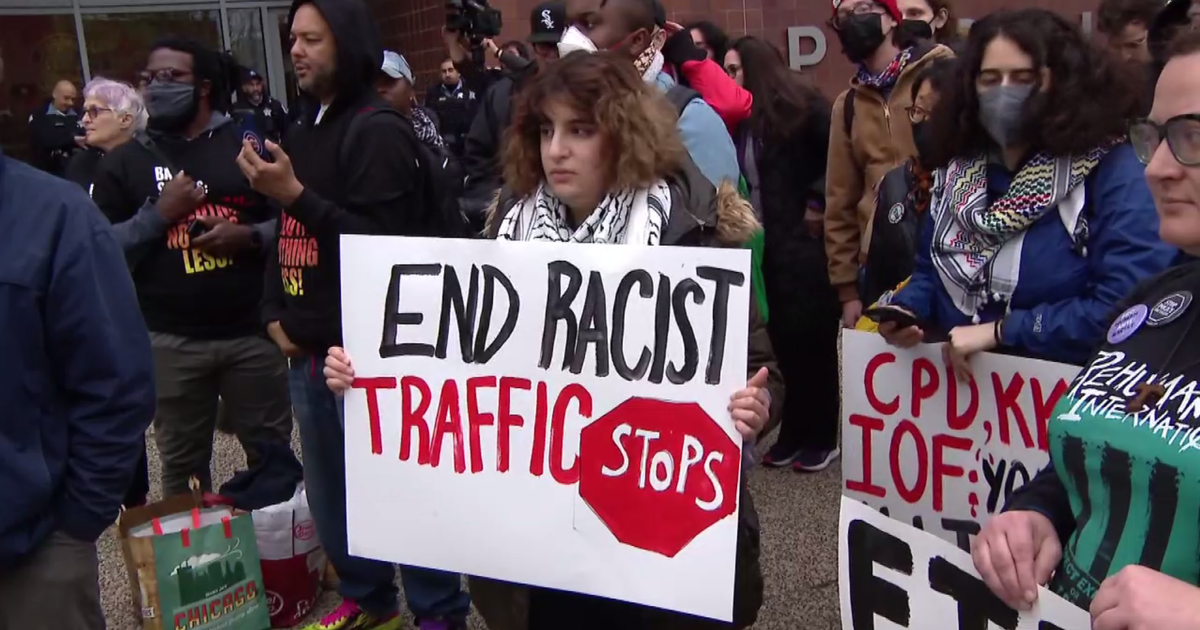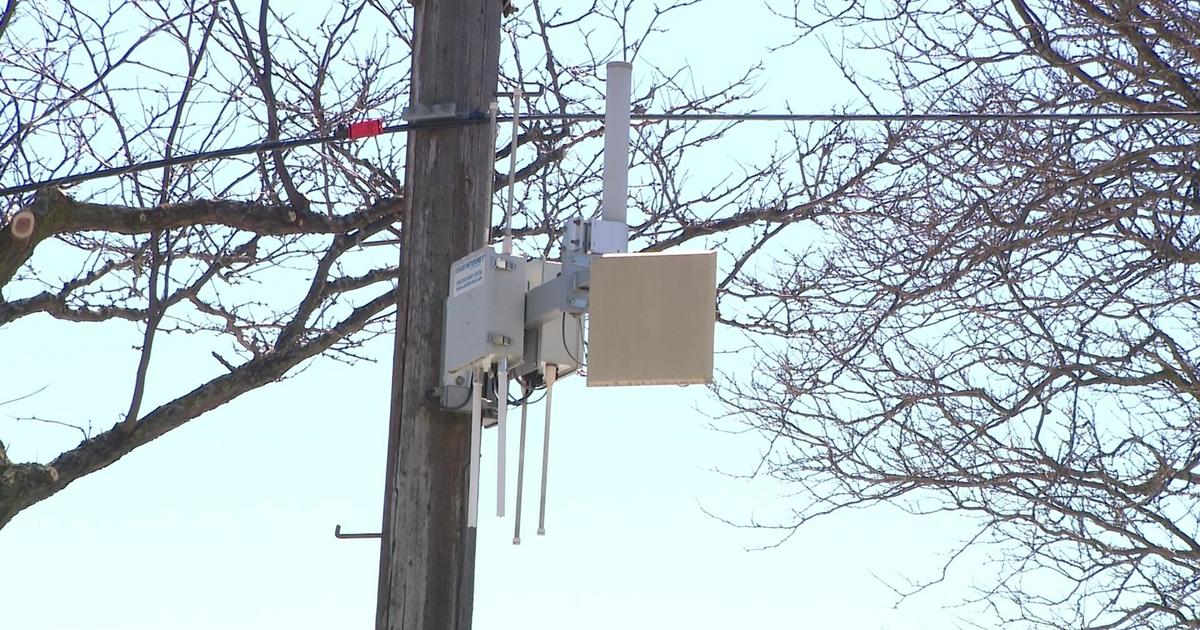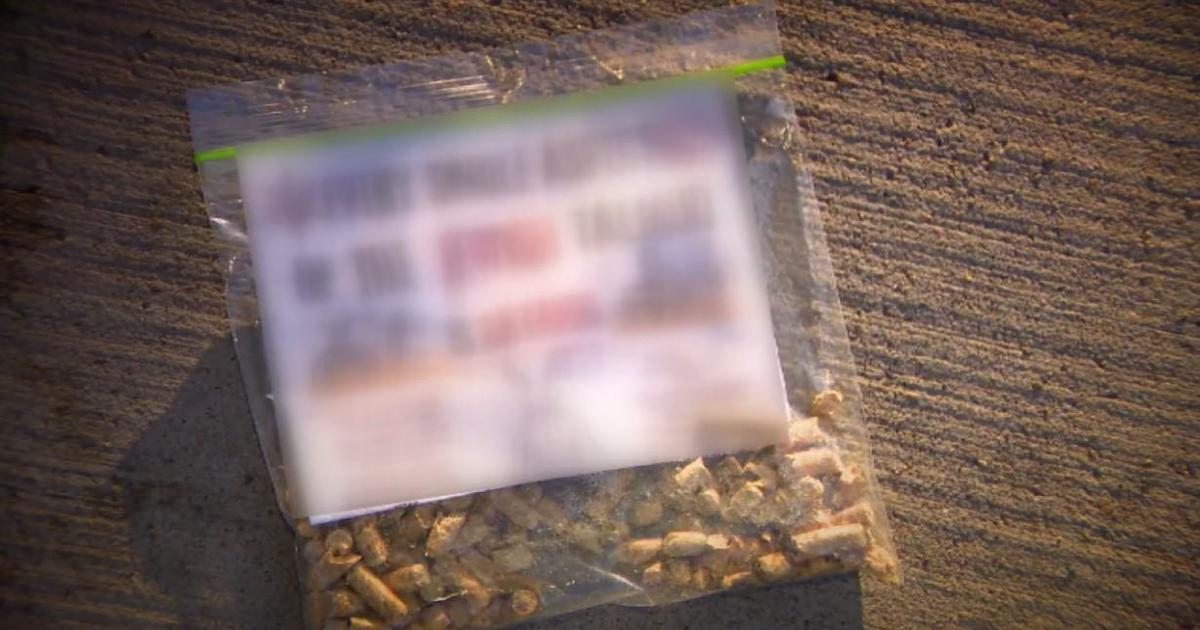Alderman Moves To Require City To Establish Public Database Of CPD Misconduct Files Going Back Decades
CHICAGO (CBS) -- A key mayoral ally has introduced an ordinance that would require the city to set up a public database of Chicago Police Department misconduct files, nearly two months after progressive aldermen balked at a proposed settlement of a lawsuit that sought to force CPD to release decades' worth of misconduct reports.
Ald. Scott Waguespack (32nd), who chairs the City Council Finance Committee, introduced the proposal to require the Inspector General's office to create "a user friendly, publicly accessible and searchable digital repository" of CPD's closed misconduct complaints.
CPD, the Civilian Office of Police Accountability, and the Chicago Police Board would be required to provide the Inspector General's office with access to all relevant records, although the ordinance does not lay out a specific timeline for releasing those records through the database that would be established.
The Inspector General's office would also be required to provide semiannual reports to the Public Safety and Finance committees on the city's progress toward releasing those misconduct records.
The proposal from Waguespack comes after a proposal to settle a lawsuit that sought to force the city to release more than 50 years' worth of CPD misconduct records stalled in City Council.
In July, the Finance Committee signed off on a $500,000 settlement with Charles Green, who was convicted in a 1985 quadruple homicide, and has been fighting to clear his name for decades.
Green, then 16, was eventually found guilty of getting one victim to open the door to a murderous ambush committed by two other men and was sentenced to life in prison.
He was released from prison in 2009 after a judge ruled critical victim testimony was not allowed at his trial. Green's fight to prove his innocence included filing a Freedom of Information Act request, or FOIA, for all Chicago Police misconduct records in cases that have been closed dating back to 1967. Green then sued for the records after the city failed to respond to that FOIA, as required by law.
Earlier this year, a Cook County Judge ruled the city had "willfully and intentionally failed to comply" with FOIA requirements, and ordered the city to turn over all the files Green had requested by the end of 2020. The city already has turned over misconduct files dating back to 2011.
However, as part of the proposed settlement with the city, while Green would receive $500,000 in damages, he would give up his right to the files dating back to 1967.
When several progressive aldermen said they planned to vote against the proposed settlement, Waguespack agreed to hold off on a final vote, while he worked to introduce his ordinance to set up a public database of CPD misconduct files.
City attorneys have told aldermen it would take 10 years and cost $10 million to release all of the misconduct files Green had been seeking.
Waguespack's proposal now will be presented at a joint meeting of the Finance and Public Safety committees for a vote this fall. The alderman told CBS 2 Political Investigator Dana Kozlov the final language of the ordinance is still being negotiated. A hearing on the proposal has not yet been scheduled.
Meantime, the $500,000 settlement with Green remains bottled up in committee. It's unclear if and when it will get a final vote by the full City Council.
In other business, Rules Committee Chair Ald. Michelle Harris (8th) introduced two separate ordinances to amend the City Council's rules of procedure.
The first proposal would ban the use of cell phones on the floor of the City Council Chambers, or in any committee room, while a meeting is in progress. Cell phones and other personal electronic devices would have to be set on silent or vibrate mode at all times during council and committee meetings, and could not be used to record or broadcast live video of meetings. The City Clerk's office already provides live streams of all council and committee meetings on its website.
The second proposal would prohibit aldermen from gathering signatures from their colleagues for co-sponsorship of proposed ordinances or resolutions during City Council meetings. Aldermen would instead be required to collect the signatures of co-sponsors only before or after a meeting is held.






